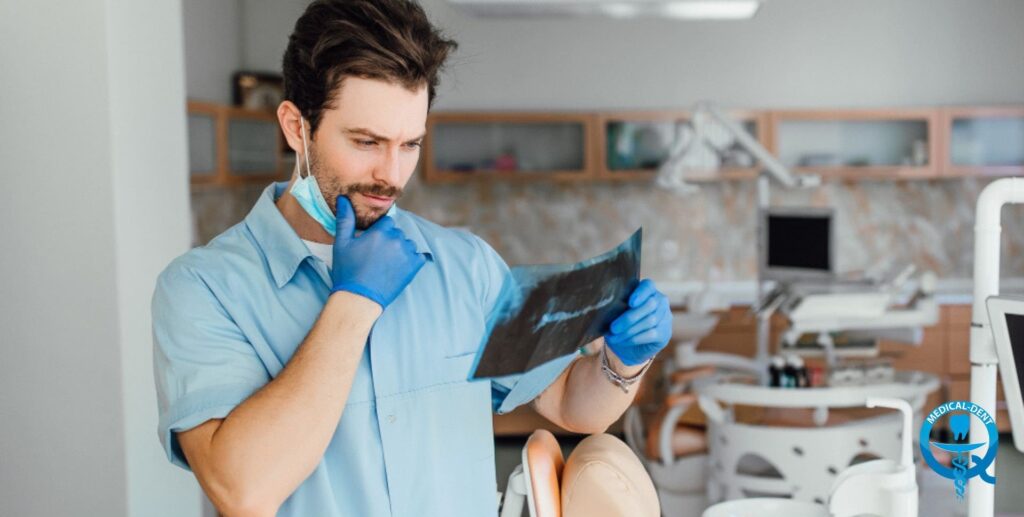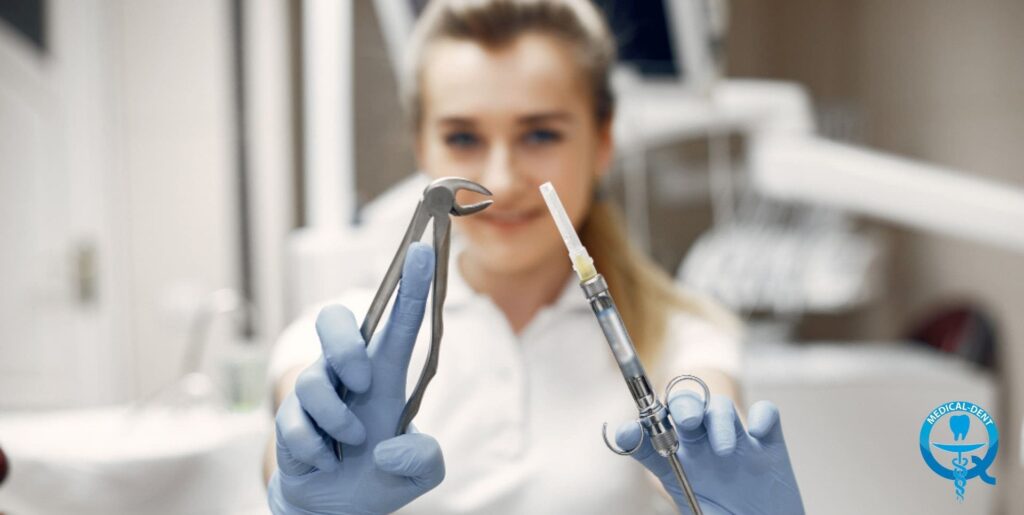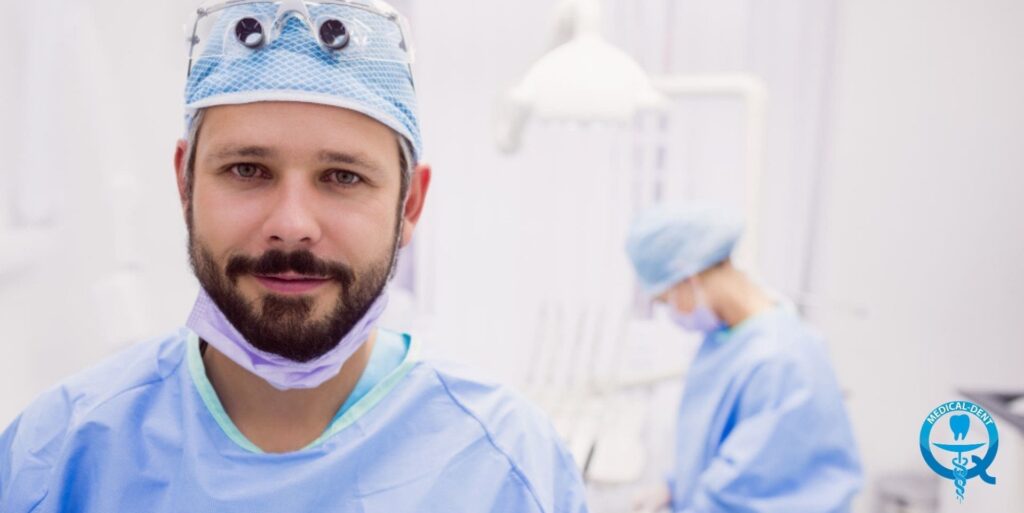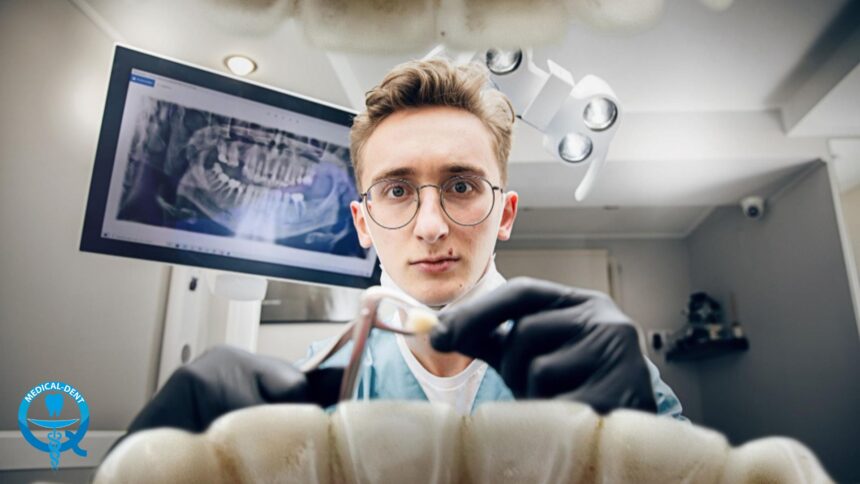The removal of an eighth, also known as a wisdom tooth, is one of the most common surgical procedures in dentistry. Although it may sound intimidating, proper preparation and awareness of the procedure help minimise stress and speed up recovery.
When is the surgical removal of an eighth graft necessary?
Eights are the last molars, which usually erupt between the ages of 17 and 25. As with any other tooth, their removal is always a last resort. And when can this happen?
Surgical removal of Eight may be necessary if
- the tooth has not erupted fully, which can lead to inflammation. You can read more about a retained tooth in our article with a similar title "Retained tooth - what exactly is it and does it always need to be removed"
- it is incorrectly located, e.g. it grows at an angle, presses on neighbouring teeth or damages oral tissues
- the tooth is badly decayed
- an inflammation of the gingiva around the eighths has appeared
- the patient struggles with a lack of space in the dental arch, resulting in crowding of the teeth.
Many myths have grown up around the removal of wisdom teeth, which you can read more about in our article "Problematic eighths - facts and myths about wisdom teeth". However, the final decision to remove or treat a tooth is made by the dentist or oral surgeon after the necessary examinations have been carried out. And it is with a visit to the dentist that you should start.

How to prepare for the procedure?
Preparing for surgical removal of an eighth is crucial to its success and minimising the risk of complications.
In addition to a visit to the dentist, it will be necessary to taking an X-ray. Remember to list any medical conditions you have, if you suffer from any, and any medication you are taking during your interview with the doctor. If the procedure will take place under anaesthetic, blood tests will be necessary. But rest assured that your doctor will inform you of everything.
It's also a good idea to eat before the procedure, as you shouldn't do so for a few hours afterwards. Finally, plan time for recovery especially if the procedure was complicated.

And how does the surgical procedure for the removal of an eighth?
You can have the surgical procedure for the removal of an eighth, either under local or general anaesthesia (depending on the complexity). And it is the anaesthesia that is the first stage of the whole procedure.
The doctor will then cut the gum to gain access to the tooth, especially if it is retained in the bone. The next step is to remove the tooth. This one can be removed in its entirety or divided into smaller fragments for easier extraction.
The doctor will clean the wound before placing the stitches. Finally, the patient is given instructions on how to take care of themselves after the procedure. If you are curious about this, we recommend our text "What not to do after a tooth extraction and how to speed up healing".

Cost of removing an eighth
How much you will have to reckon with depends not only on the surgery, but also on the location and condition of the tooth.
In our office, the price for the removal of A surgical procedure costs from £210 and upwards. In both cases, the price includes the placement and removal of stitches.
If you are worried about the expense we have good information - our instalment scheme. Importantly the first 12 months are zero interest, so you only pay back the amount you spent on the treatment. You can read more about this in our article "Instalment scheme for dental treatment in the UK" or by calling 0771 544 4719.
IMPORTANT: The system is 100% secure, regulated by Financial Conduct Authority (FCA number 619628) and you can use it above £350.
Finally, and most importantly! If you are experiencing pain associated with your eights or notice them growing abnormally, consult your dentist to assess the need for their removal. With the right care, you'll be back to full health in no time!

